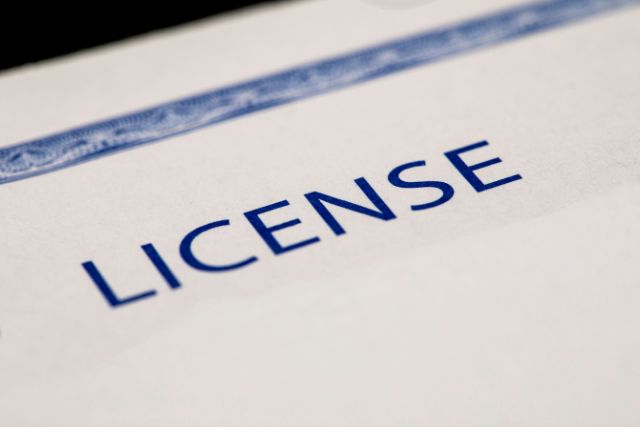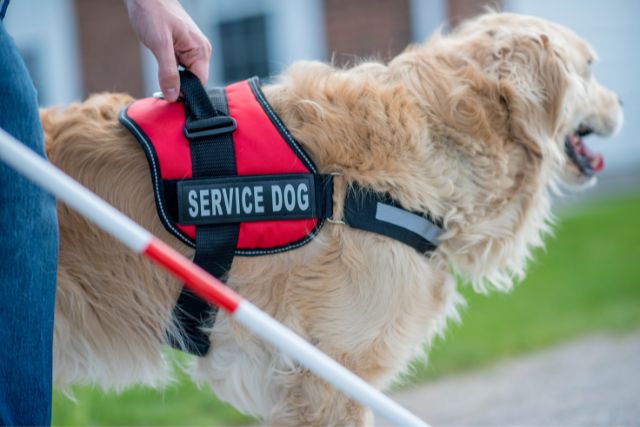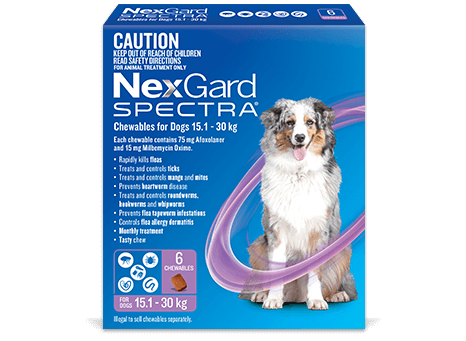Welcome to our in-depth guide on dog licenses and permits in Australia.
This post is designed to help dog owners navigate the complexities of legal requirements, understand the benefits of compliance, and become more responsible members of the pet community.
Whether you’re a new dog owner or looking to update your knowledge, this guide has got you covered.
Introduction to Dog Ownership in Australia
Dog ownership in Australia comes with a set of responsibilities and legal requirements.
In this section, we’ll explore why responsible dog ownership is vital and give an overview of licensing and permit requirements across Australia.


The Importance of Responsible Dog Ownership
Responsible dog ownership is crucial for the welfare of the dogs and the community. It involves ensuring your dog is healthy, well-trained, and socially well-behaved.
It also means complying with local laws and regulations, which include licensing and vaccinating your pet.
Overview of Dog Licensing and Permit Requirements
In Australia, dog licensing and permit requirements vary by state and territory. Generally, these laws are in place to ensure that dogs are vaccinated, identified, and controlled.
Dog licenses typically need to be renewed annually and may require a fee.
Legal Framework Governing Dog Licenses
The legal framework for dog licenses in Australia is designed to protect both the pets and the public. It involves a combination of national guidelines and state-specific laws.
National and State-Specific Legislation
While there is no national legislation for dog licensing, each state and territory in Australia has its own set of laws and guidelines.
Dog owners must familiarize themselves with the specific requirements of their region.
Understanding the Animal Management (Cats and Dogs) Act
This act is an example of state-specific legislation (like in Queensland) that provides a framework for the management of pet cats and dogs.
It includes provisions for registration, microchipping, and managing nuisance animals.
Types of Dog Licenses and Permits
Australia offers various types of dog licenses and permits, catering to the different needs and circumstances of dog owners.


Standard Dog Licenses
Standard dog licenses are the most common type, required for the majority of pet dogs. These licenses ensure that dogs are registered, microchipped, and vaccinated against rabies.
Special Permits for Specific Breeds
Some states may require special permits for owning certain breeds considered to be of higher risk. This often involves additional conditions to ensure public safety.
Permits for Breeding and Selling Dogs
If you are planning to breed or sell dogs, you may need a specific permit. These permits help ensure ethical breeding practices and the well-being of the animals involved.
Applying for a Dog License or Permit
Applying for a dog license or permit is a straightforward process, but it requires attention to detail to ensure compliance with local laws.
Eligibility Criteria for Dog Owners
To be eligible for a dog license, owners must typically provide proof of their dog’s identity, vaccination, and sometimes sterilization. The specifics can vary based on local regulations.
Required Documentation and Fees
Documentation usually includes proof of microchipping and current rabies vaccination. Fees for licensing can vary based on the type of license, the age of the dog, and whether the dog is desexed.
Process for Application and Renewal
Most local councils have an online application process for dog licenses. Renewals are generally annual, and it’s important to keep your details up to date, especially if you move houses.
Benefits of Licensing Your Dog
Licensing your dog is not just about compliance; it comes with several benefits for both you and your pet.


Enhanced Safety and Identification
A licensed dog is easier to identify and return to its owner if lost. The license tag can serve as immediate proof of ownership and vaccination status.
Access to Public Spaces and Amenities
Licensed dogs are often granted access to more public spaces, such as dog parks and beaches, ensuring they can enjoy outdoor activities with their owners.
Supporting Animal Welfare Initiatives
The fees collected from dog licenses are typically used to fund animal welfare programs, including shelters and rescue operations.
Understanding Penalties and Fines
Failing to comply with licensing and permit regulations can lead to penalties, which vary depending on the severity of the offence and the local laws.
Consequences of Non-Compliance
Penalties for non-compliance can include fines, impounding of the dog, or in severe cases, legal action.
Dispute Resolution and Appeals Process
If you disagree with a penalty or decision made regarding your dog’s license, there is usually a process for appeals. This process varies by local council.
Special Considerations and Exemptions
There are certain situations where special considerations or exemptions to standard licensing requirements may apply.


Exemptions for Service and Assistance Dogs
Service and assistance dogs are often exempt from standard licensing fees. However, they still need to be registered and comply with health and identification requirements.
Considerations for Elderly or Disabled Dog Owners
Elderly or disabled dog owners may be eligible for discounted or waived licensing fees, depending on their local council’s policy.
Community Resources and Support
Local communities in Australia offer various resources and support mechanisms to assist dog owners in understanding and fulfilling their responsibilities.
Local Council Services and Support
Most local councils provide resources such as informational websites, helplines, and community programs to support dog owners.
Educational Programs and Workshops
Workshops and educational programs are often available to help dog owners understand their responsibilities and the needs of their pets.
The Role of Dog Owners in Community Welfare
By understanding and adhering to dog licensing and permit requirements, dog owners in Australia play a crucial role in ensuring the welfare of their pets and the safety of the community.


Contributing to a Safe and Responsible Pet Community
Responsible dog ownership and compliance with local laws contribute significantly to a safe and harmonious community.
Future Prospects and Policy Changes
As societal attitudes and circumstances evolve, dog ownership policies may change. Staying informed about these changes is a key responsibility of every dog owner.











